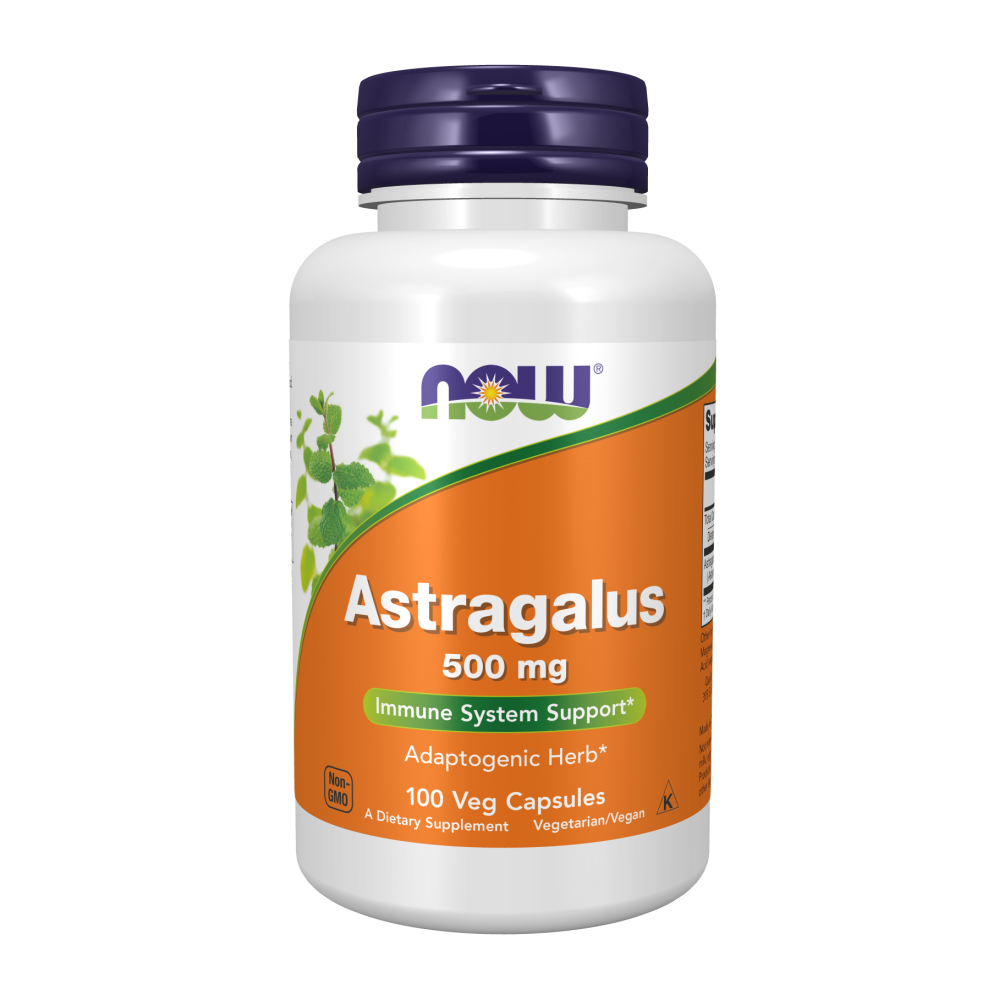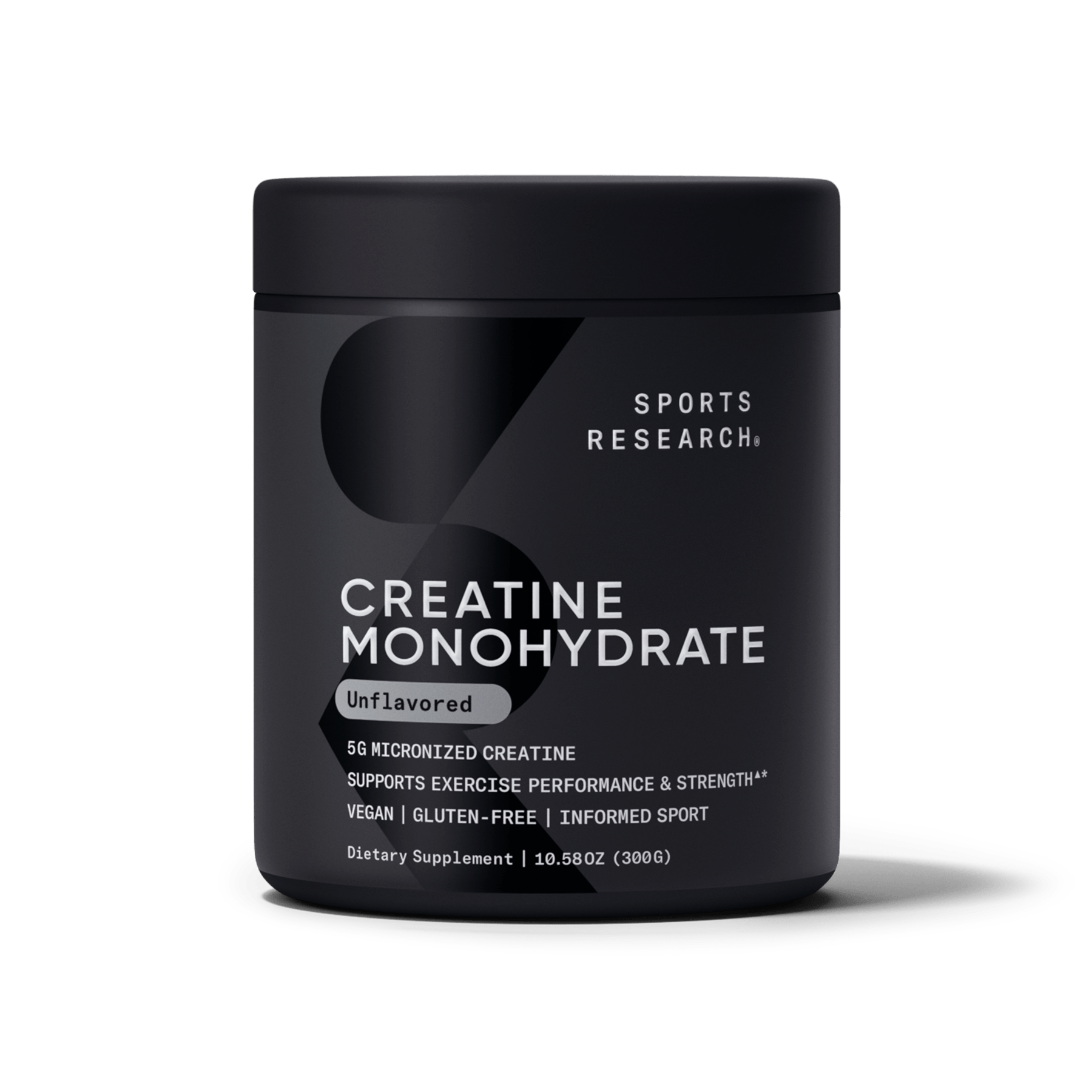It has long been debated whether a person’s life is dependent on their brain or on their heart. All agree, though, that when either the heart or the brain fails, the other won’t work for long.
The brain is a delicate organ, with a jello-like texture. The brain is surrounded by cerebrospinal fluid and skull bones. These protect the brain from damage that commonplace movement, falls, bumps and scrapes could potentially cause. At times, however, a person can be seriously injured so that the protective fluid and bones are not enough to shield the brain. A concussion occurs when the brain is forcefully knocked against the skull bone. This is also referred to as a traumatic brain injury or TBI
Tell Me More:
A concussion is an injury to the brain that changes the brain’s functioning. The after-effects of a concussion are usually temporary. After a traumatic injury, the patient may experience headaches, and problems with concentration, memory and balance. A concussion will usually not come with a loss of consciousness. The most common cause of concussions is injury to the head, but a TBI can also happen when the upper part of the body is shaken violently. Concussions occur mostly with heavy sports players, but they can happen to anyone. However, with sufficient rest, a concussion will usually heal completely.
When a child experiences a head injury and behaves strangely, it is important to take the child to the doctor, or to at least speak to the doctor for precise instructions. Seek immediate medical assistance if you notice any of the following symptoms: vomiting, loss of consciousness for more than 30 seconds, a headache that becomes progressively worse, confusion, loss of balance or slurred speech. A seizure, change in eyesight, roving eyes, slowed mental function or any symptom that becomes progressively worse also warrants emergency medical help.
A concussion can cause hemorrhaging in the brain, which can be fatal. Therefore, it is very important to receive immediate assistance if you notice any of the above.
People who play heavy sports, have been in a car or bicycle accident, fell, or have had a concussion in the past have greater chances of experiencing a concussion.
If a concussion is not treated properly, it can have significant negative effects, such as epilepsy or other complications. Furthermore, an additional injury to the brain, before the first one has healed, can be fatal.
Symptoms:
The symptoms of a concussion are not always easy to recognize. Symptoms can continue for several days or even weeks. The most common symptoms are headache, situation-specific amnesia, and confusion. Other symptoms can be a feeling of pressure in the head, losing consciousness, dizziness, ringing in the ears, nausea, and vomiting, unclear speech, being unable to answer questions immediately, and looking shaken and/or fatigued.
Certain symptoms can come out hours or days after the injury, such as problems with memory and focus, a change in the person’s nature, an aversion to loud noises or strong light, insomnia, altered smelling and tasting ability, and depression.
It may be even more difficult to recognize the signs of a concussion in young children because they cannot express what they are feeling. If a child seems very distracted, tires easily, cries a lot, loses his balance, changes eating and sleeping patterns, and/or is not interested in things that previously excited him, it may be an indication that the child suffered a TBI.
Helpful And Healthful:
In addition to following all the physician’s instructions following a concussion, it is important to provide the body with nutrients necessary for healing. MultiVite, a multivitamin for adults, is necessary for overall good nutrition. Adding DMG can help the brain cells absorb oxygen and heal faster. B-Complex, especially helpful for brain and nervous system health, can further aid in healing
Anything Else?
Physical and brain rest is of utmost importance to heal the concussion. Brain rest includes a cessation of learning, playing games that require thought, doing schoolwork, etc. Once one feels better, one can return to those mental activities.
Relieve post-TBI headaches with Tylenol but not with Ibuprofen as it can raise the risk of bleeding.
To prevent a TBI, it is advisable to make a habit of:
• Wearing a properly-fitted helmet when riding a bicycle (or any other situation that requires a helmet).
• Wearing seat belts every time you ride in a car.
• Making sure the house is well lit to avoid falls and removing anything that may cause stumbling for little children or older people.
• Doing regular exercise. This strengthens overall health and creates a good sense of balance, which can help prevent tripping and falling.
Fascinating Facts:
• 7 million people suffer from a TBI every year.
• Bicycle sports are the most common cause for concussions.
• The symptoms of a serious concussion can last for 21 days.
• A concussion can affect a student’s academic success.
• The chances of having a second concussion are increased after one has had a first one.
• Rest is important! Being active after a TBI can make the damage worse.





